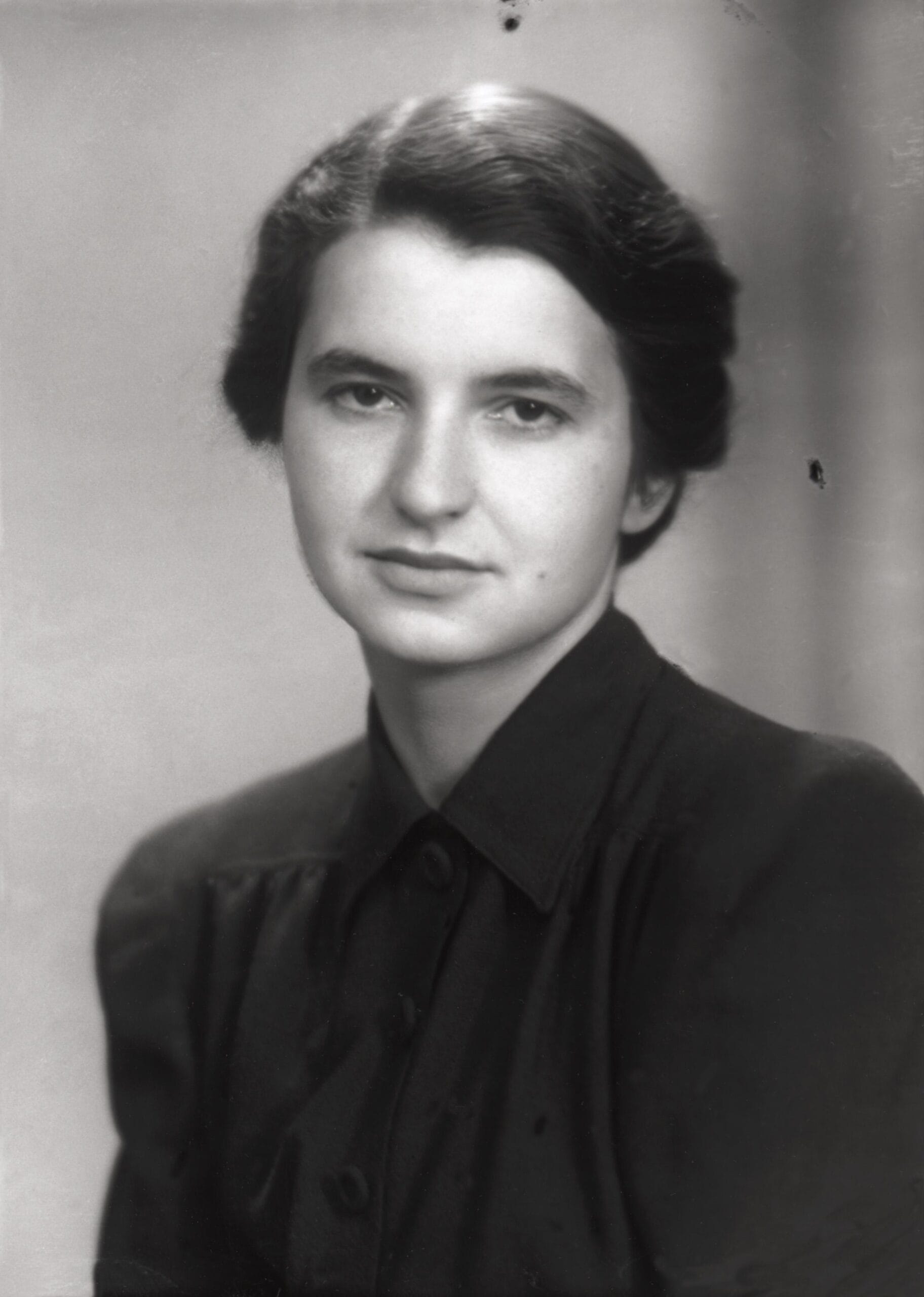Astronomy
Astronomy is the scientific study of celestial objects, such as stars, planets, galaxies, and the universe as a whole. It explores their composition, structure, motion, and evolution, using observations and theoretical models to understand the nature of the cosmos. Astronomers also investigate phenomena like supernovae, black holes, and cosmic microwave background radiation to unravel the … Read more



















